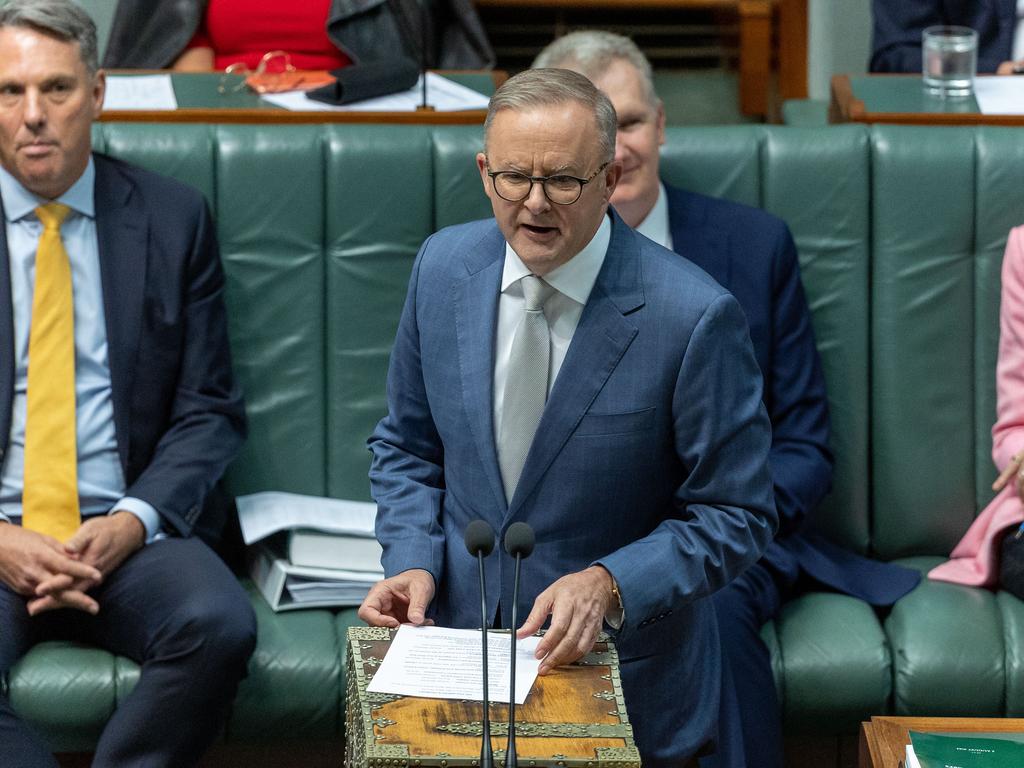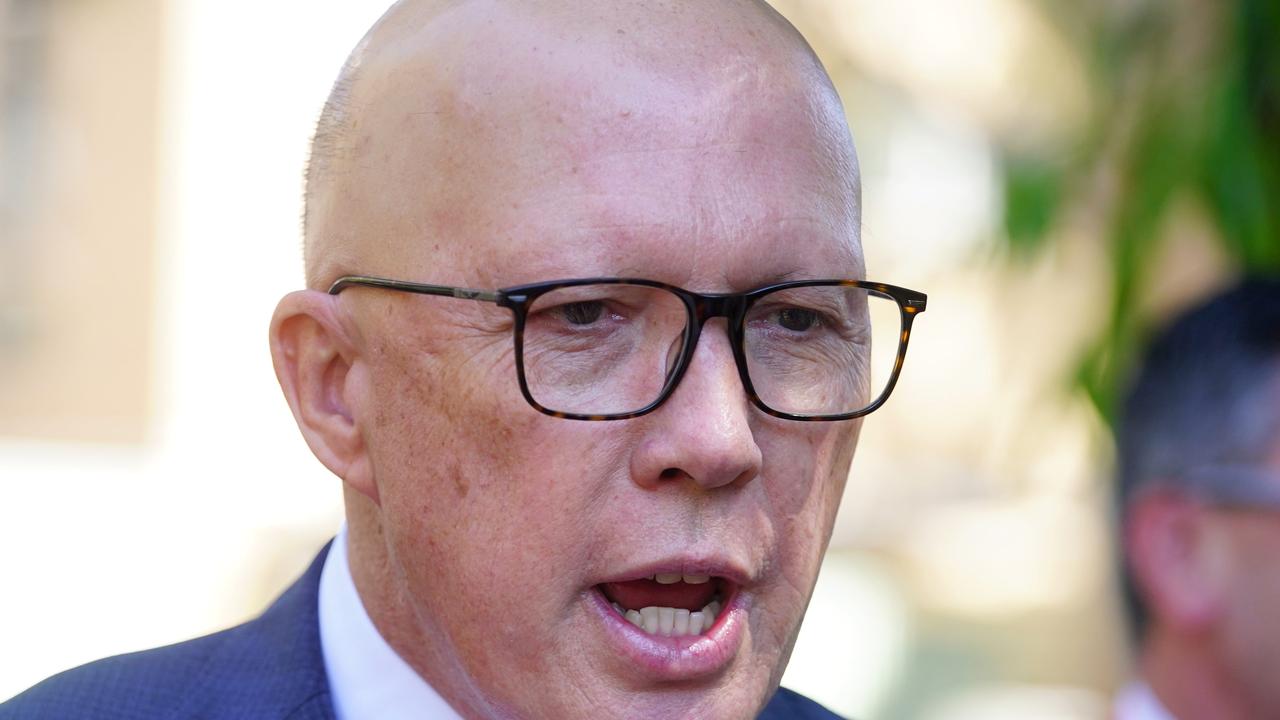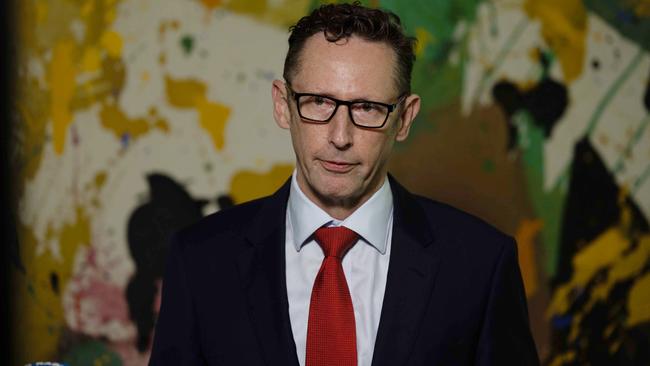
Assistant Treasurer Stephen Jones outed himself as the weakest link in federal parliament, so much so that Peter Dutton extended the frontbencher’s time for him to dig himself in more deeply over Labor’s superannuation changes.
It wasn’t acting Prime Minister Richard Marles sitting in the boss’s chair who caused a problem for the government, and certainly not frontbenchers Jim Chalmers or Bill Shorten, who batted away curly questions on the cost of living and honesty.
No, it was the second-row assistant minister who tried to bombast himself out of trouble when faced with a diabolical question he couldn’t or wouldn’t answer on whether farms included in superannuation would be taxed on appreciation even if they weren’t sold.
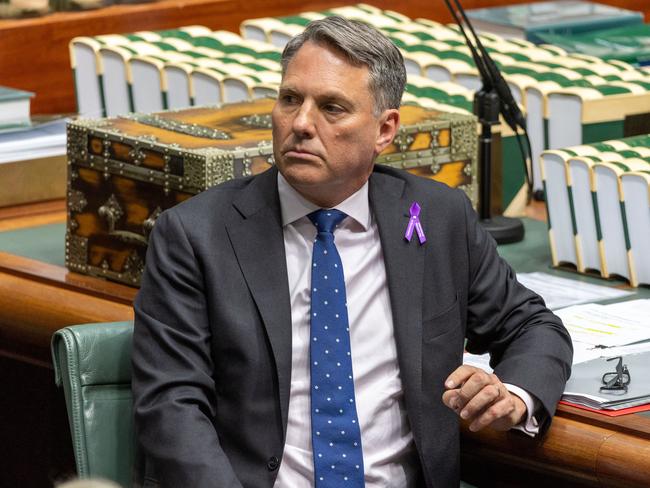
While most of the superannuation changes affecting those with super funds over $3m have gained popular endorsement, the vital rural question of whether rises in values of farms included in those super assets will be taxed – even if the property is not sold – is a live issue for farmers.
It is also part of the $3 trillion in superannuation funds that Jones has described as a “honey pot” for Labor.
Jones was asked if a farmer who had the farm as an asset in their self-managed superannuation fund would be taxed on the basis of rising valuations of the property, even if it wasn’t sold.
That is, a new tax on unrealised capital appreciation where that asset happened to be, like many farms, part of the superannuation fund.
The Opposition Leader has vowed to pick out some weakened wildebeest in Labor ranks and, without Prime Minister Anthony Albanese there to run interference – while en route to India – Jones was separated from the protection of the herd.
Jones went through the reasons why Labor was making changes to superannuation after declaring “Labor created superannuation” and argued that superannuation had to “operate as it was intended”.
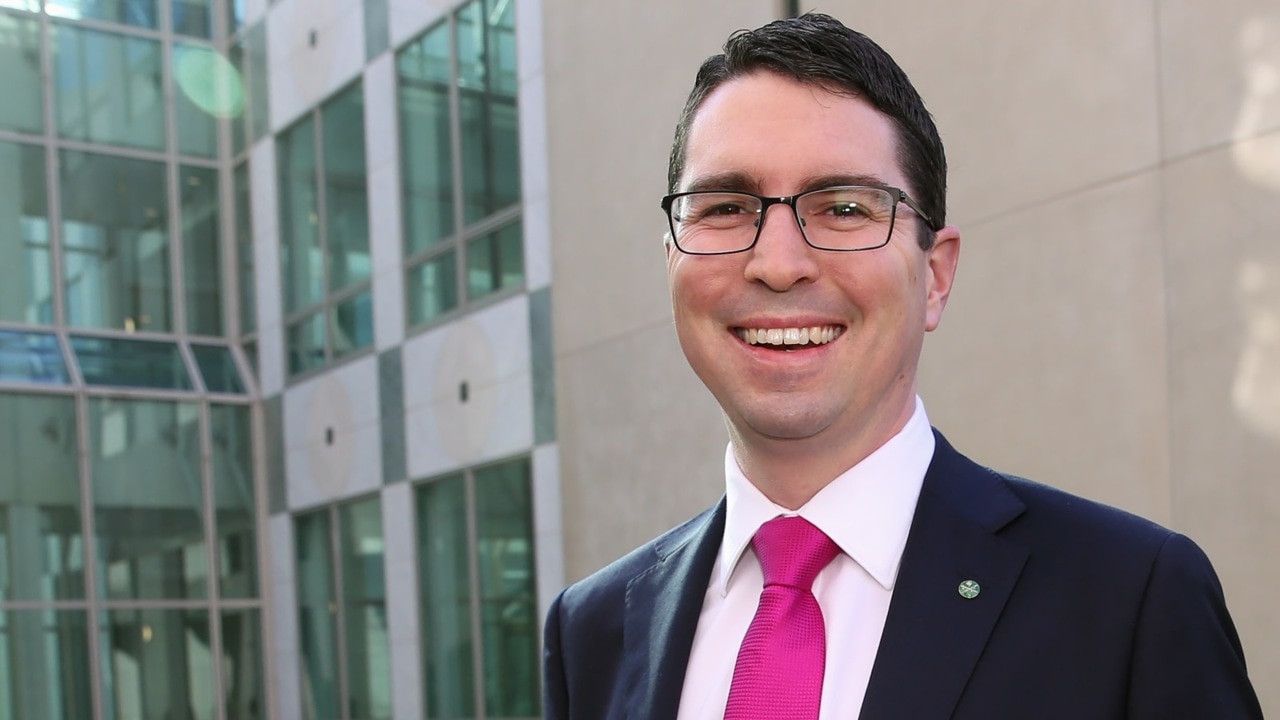
He then fudged and dodged on whether farmers would have to pay tax on unrealised asset appreciation and even claimed – without any idea – that the example in the question would be illegal and “in breach of the current law” because the fund had to be “liquid”.
Despite demands for an answer and Dutton extending the three-minute limit for answers, Jones continued to blather, refused to deny unrealised appreciation would be taxed and saying consultation would ensure every detail was right.
In less than five minutes Jones had ensured that the superannuation reforms that had been proposed and won general acceptance had become a live issue in the bush and among farmers – just where the Coalition wants it to be.
As acting leader, Marles didn’t follow Albanese’s recent penchant for extended question times and shut down the debate as soon as he could.


